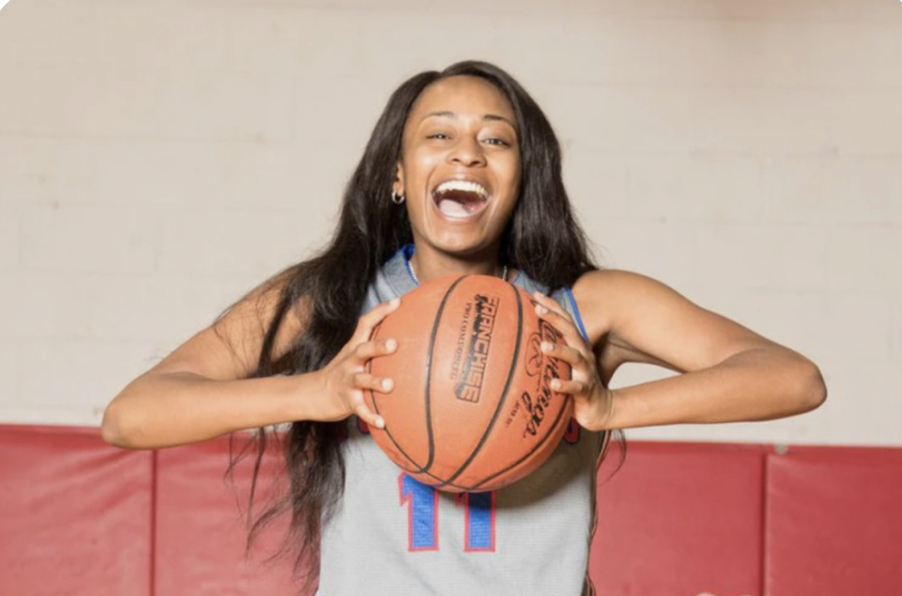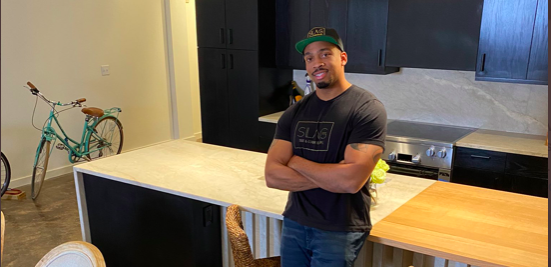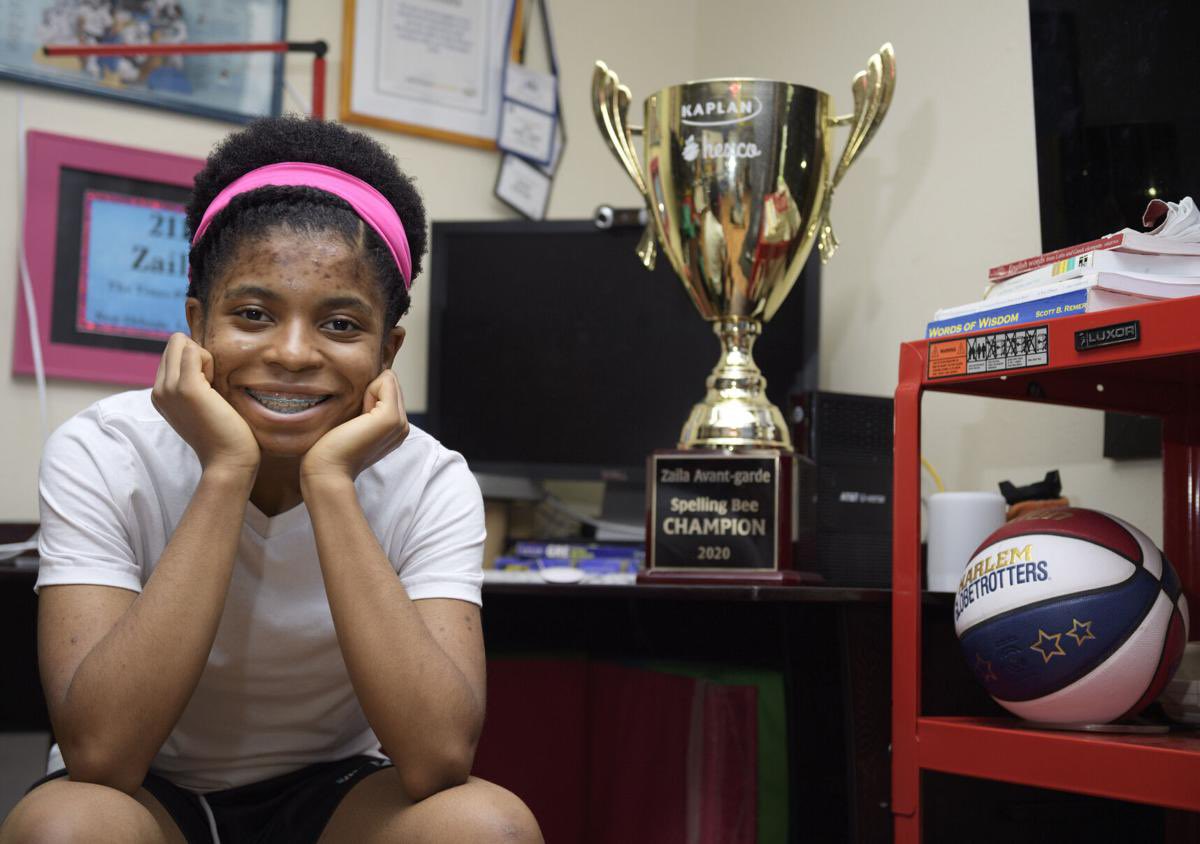Anthony Mackie has had a career that most actors twice his age would kill for. The New Orleans native has flexed his thespian skills on and off Broadway as well as on the small and big screens alongside Hollywood elite. His latest flick, Gangster Squad is a crime drama that pits Mackie's character, Coleman Harris, alongside Sgt. John O’Mara (Josh Brolin) and Sgt. Jerry Wooters (Ryan Gosling) as the Gangster Squad, a group of hard-nosed cops that take on notorious Los Angeles (by way of Brooklyn) gangster Mickey Cohen (Sean Penn). The film –released today – is a violently entertaining departure from reality. It's a fun movie that immerses the viewer in a time that we don't get to see very often in theaters anymore. Before you hit your local cineplex to see Gangster Squad, check out our interview with Mackie, as he talks Black America in the mid-1900s, his supporting roles and weapons training.
….
TSL: Your character in Gangster Squad, Officer Coleman Harris, was not in the book. The character was created by scriptwriter and former LAPD homicide detective Will Beall to convey the story of Black LA in the 1940s. Did you have to audition for this pivotal role?
Mackie: No, fortunately I didn't have to audition. I met with the director and we had a great conversation about the life and times of the person my character was based on, Rocky Washington. We didn't get the rights to use his name and his likeness so we based the story around his story. I really believed in the director's [Ruben Fleischer] vision for the story so I signed on.
TSL: In the film, we get to see Coleman in his element. If more time was allowed in the film, what more would the audience know about your character's life?
Mackie: The great thing about the character and black culture at that time in all the major cities – Chicago, New York, Los Angeles, New Orleans – is that it was a huge time of transition that pushed us into the Civil Rights Movement. We were coming off of the heels of Jesse Owens, Joe Louis and Muddy Waters. It was a great time to be black in the time of juke joints and swing joints. So looking at Central Avenue in the heyday, it was really about the black community rising up as a unit and growing on its own. You realize after the war, that's when drugs and heroin were pushed into the black community to destroy them, so if we were to delve more into his life we would've seen the beauty of South Central. At that time you had a lot of cool people running around creating and exploring the identity of being an American.
TSL: One of the most memorable parts of the movie is your character's knife skill. What kind of training did you have to go through to learn to handle a switchblade at that level?
Mackie: With the knife stuff I worked endless amounts of hours, I didn't want to be on screen looking like a doofus with a knife. We did a lot in training, we met with a weapons expert and he taught us about the guns and knives. Just so we could be safe and comfortable with the weapons, so when we were on set, we didn't have to worry about anything going wrong.
When reading about Rocky, he said something once that kind of let me into who I thought this character should be. He said 'you always bring a knife to a gunfight because I could have my knife in your belly before you get your gun up to aim.'
TSL: You mentioned your hometown New Orleans earlier. What is the status of the biopic on the legendary New Orleans jazz coronet player Buddy Bolden project that you're starring in?
Mackie: We're currently doing a few tweaks and clean ups. We have a finished product that we're working on and it looks really good. It's just one of those things where the director is a perfectionist and he wants to put out the best project that he can. He's trying to figure out now, what peaks and moments he needs to make it work.
TSL: Bolden is the 3rd time you've played a legendary musician (Mackie played 2Pac twice) plus you were in 8 mile. What is it about music driven projects that attracts you?
Mackie: I've always felt that music is the pulse of our culture. No matter what happens in any period of time, it’s always defined, written and explored through music, more than any other aspect of creative arts. So I feel like some of the coolest cats of all time are music cats. Being from New Orleans, I just have an infinite love for music and musical characters.
TSL: You've worked with a lot of legends in your career from Clint Eastwood to Samuel L. Jackson to Denzel Washington. What is the most memorable thing you've learned from those experiences?
Mackie: Just to be patient. A lot of people are in this to go from job to job. The greatest lesson I learned was from Sam Jackson. He told me 'you want this to be your career. You want to look back 20, 30 years from now at your body of work and not only have other people marvel at it, you want to marvel at what you were able to accomplish.' That's something that I've always tried to live by and keep in my mind when I think about the jobs that I'm taking.
TSL: You're next big role is The Falcon in Captain America: The Winter Soldier. What does it mean to you to be one of the few African-American's to play a super hero on the big screen?
Mackie: It’s really exciting. I'm just soaking it all in and enjoying the opportunity. I feel that The Falcon is going to be a huge transition for my career and I'm looking to see what it brings my way.
TSL: The Falcon character is a big guy, what training are you doing to beef up?
Mackie: Definitely, I started training a month ago. I've just been eating right. A lot of people don't realize that working out and getting in shape is a lifestyle. It's 100% about your diet. You don't have to work out a minute in a day, if you change your diet, your entire body will respond.



